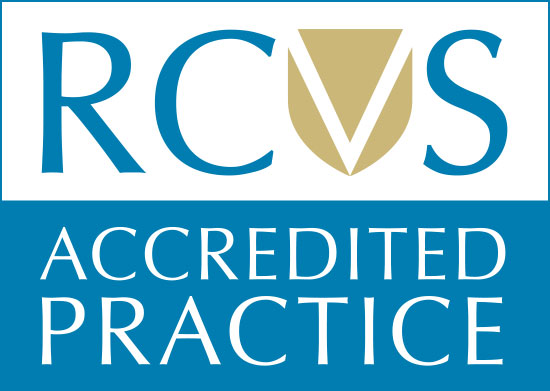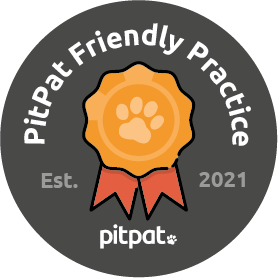
Training your dog is one of the most important things you can do as a pet owner — not just for good behaviour, but for building a strong, lifelong bond. Whether you’re welcoming a new puppy or working on habits with an older dog, consistent and positive training sets the foundation for a happy, well-behaved companion.
At Oathall Vets, we believe in supporting pet owners every step of the way — which is why we also offer puppy training parties to give your pup the best possible start
Why Dog Training Matters
Training isn’t just about obedience — it helps your dog feel safe, secure, and confident in your home and out in the world. A well-trained dog is:
- Easier to manage in public and around other people and animals
- Less likely to develop behavioural issues
- More likely to stay safe in dangerous situations (like near roads)
- Better able to enjoy positive social experiences
When to Start Training
It’s never too early (or too late) to start training.
- Puppies can begin learning basic commands as early as 8 weeks old. Book onto one of Oathall Vets puppy parties to learn more
- Adult dogs can also benefit from training — especially rescue dogs or dogs with unwanted habits.
Top Tip: Consistency and patience are more important than age.
Positive Reinforcement: The Best Method
Modern dog training focuses on positive reinforcement. This means:
- Rewarding good behaviour (with treats, praise, or play)
- Ignoring unwanted behaviour (rather than punishing it)
- Keeping training sessions short, fun and frequent
Avoid shouting or punishment, which can damage your dog’s trust and lead to fear-based behaviours.
Basic Commands Every Dog Should Learn
Here are a few essential commands that form the foundation of training:
- Sit
- Stay
- Come (Recall)
- Leave it / Drop it
- Heel / Walk nicely on lead
These help with everyday situations and ensure your dog listens when it matters most.
Crate and Toilet Training
Crate training gives your dog a safe space and helps with house training. It’s important to make the crate a positive, calm place — not a punishment zone. Toilet training takes time and patience, especially with puppies. Praise them each time they go in the right place and keep to a routine.
Socialisation Is Key
Exposing your dog to a wide variety of people, dogs, sounds, and environments while they’re young helps prevent anxiety and reactivity later in life.
That’s why Oathall Vets offers puppy parties, designed not just for training, but for healthy socialisation too.
These sessions are run by experienced veterinary nurses and cover:
- Basic training techniques
- Puppy behaviour advice
- Social play with other vaccinated puppies
- Q&A for new owners
Contact Oathall Vets today to find out about our next available class!
When to Seek Extra Help
Sometimes, you might need extra support — and that’s OK! Consider professional help if your dog shows:
- Aggression or reactivity
- Separation anxiety
- Excessive barking or chewing
- Trouble focusing during training
A certified dog trainer or veterinary behaviourist can help with tailored solutions.
Final Thoughts
Training your dog takes time, but the rewards are huge. You’ll gain a better-behaved, more confident dog — and a deeper bond between you both.
Whether you’re starting with a puppy or working on habits with an older dog, the team at Oathall Vets is here to help — with expert advice, behavioural support, and our popular puppy classes.











